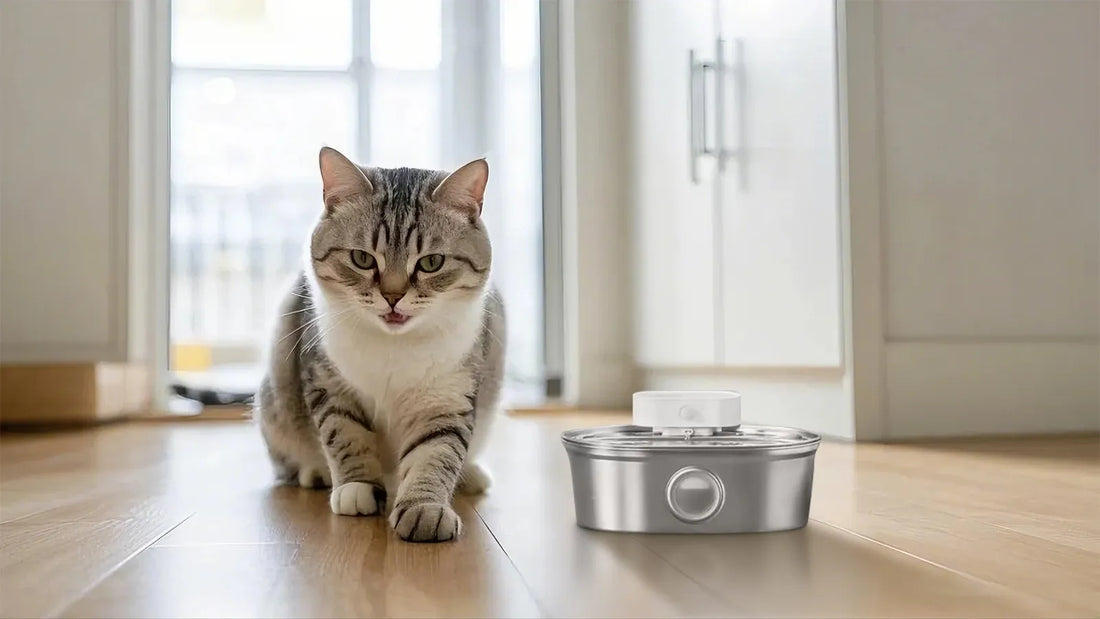As your feline companion ages, their dietary needs evolve, making a well-structured senior cat feeding schedule crucial for their overall health and well-being. Older cats often face unique challenges such as reduced activity levels, slower metabolism, and potential health issues like kidney disease or arthritis. Tailoring their diet to meet these changing needs can significantly enhance their quality of life. This comprehensive guide will walk you through everything you need to know about creating an effective feeding schedule for your senior cat.
Understanding the Nutritional Needs of Senior Cats
Senior cats require a diet that supports their aging bodies. Unlike younger cats, older felines need fewer calories but more high-quality protein to maintain muscle mass. Additionally, their diet should be rich in essential fatty acids to support joint health and skin condition. Fiber is another critical component, aiding in digestion and preventing constipation, a common issue in older cats. Vitamins and minerals, particularly antioxidants, play a vital role in boosting their immune system and combating age-related diseases.
Portion Control: How Much Should You Feed Your Senior Cat?
Portion control is a key aspect of any senior cat feeding schedule. Overfeeding can lead to obesity, which exacerbates health problems like diabetes and joint pain. Conversely, underfeeding can result in malnutrition and weight loss. The ideal portion size depends on factors such as your cat's weight, activity level, and overall health. Consulting with your veterinarian can help determine the appropriate amount of food for your senior cat. Generally, it's advisable to divide their daily food intake into smaller, more frequent meals to aid digestion and maintain energy levels.
Feeding Frequency: How Often Should You Feed Your Senior Cat?
Feeding frequency is another critical component of a senior cat feeding schedule. While younger cats may thrive on two meals a day, older cats often benefit from more frequent, smaller meals. This approach helps prevent overeating and supports a steady metabolism. Some pet owners opt for free-feeding, where food is available at all times, but this method can lead to overeating and weight gain. Instead, consider feeding your senior cat three to four times a day, ensuring they receive the right amount of nutrients without overindulging.
Special Considerations for Senior Cats with Health Issues
Senior cats are more prone to health issues that can impact their dietary needs. For instance, cats with kidney disease may require a diet low in phosphorus and protein, while those with arthritis might benefit from supplements like glucosamine and chondroitin. Cats with dental problems may need softer food or smaller kibble to make eating more comfortable. Always consult your veterinarian to tailor your senior cat's feeding schedule to their specific health conditions. Regular check-ups can help monitor their health and adjust their diet as needed.
Hydration: The Often Overlooked Aspect of Senior Cat Care
Hydration is a crucial yet often overlooked aspect of a senior cat feeding schedule. Older cats are more susceptible to dehydration, which can lead to serious health issues like kidney disease. Ensure your cat has constant access to fresh water, and consider incorporating wet food into their diet to increase their fluid intake. Some cats prefer running water, so a cat water fountain might encourage them to drink more. Monitoring your cat's water consumption can help you detect any changes that may indicate underlying health problems.
Transitioning to a New Feeding Schedule
Transitioning your senior cat to a new feeding schedule should be done gradually to avoid digestive upset. Start by introducing small changes, such as adjusting portion sizes or feeding times, and monitor your cat's response. If you're switching to a new type of food, mix it with their current food and gradually increase the proportion over a week or two. Patience is key during this transition period, as older cats may be more resistant to change. Consistency and routine will help your cat adapt to their new feeding schedule more comfortably.
Monitoring Your Senior Cat's Health and Adjusting Their Diet
Regular monitoring is essential to ensure your senior cat's feeding schedule meets their needs. Keep an eye on their weight, energy levels, and overall health. Sudden changes in appetite, weight, or behavior may indicate underlying health issues that require veterinary attention. Adjust their diet as needed based on their health status and any recommendations from your veterinarian. A well-monitored and adaptable feeding schedule can significantly contribute to your senior cat's longevity and quality of life.
Creating a senior cat feeding schedule tailored to your feline's unique needs is one of the most effective ways to support their health and happiness in their golden years. By understanding their nutritional requirements, controlling portions, and adjusting feeding frequency, you can ensure your senior cat thrives. Regular veterinary check-ups and careful monitoring will help you make necessary adjustments to their diet, keeping them healthy and content. Your senior cat deserves the best care, and a well-planned feeding schedule is a cornerstone of that care.













